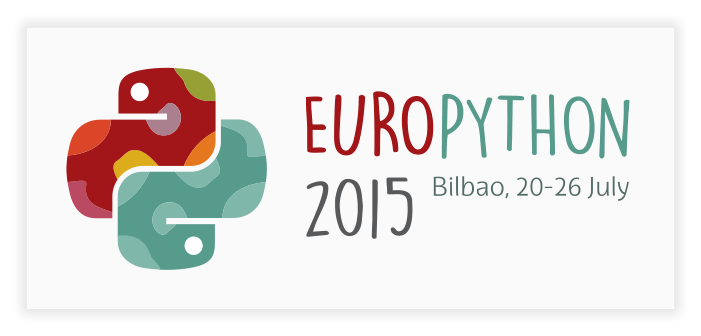Getting started with Bokeh / Let's build an interactive data visualization for the web..in Python!
Slides: birdsarah.github.io/europython-2015-bokeh
As a web developer, I find myself being asked to make increasing numbers of data visualizations, interactive infographics, and more. d3.js is great, as are many other javascript toolkits that are out there. But if I can write more Python and less JavaScript… well, that makes me happy!
Bokeh is a new Python library for interactive visualization. Its origins are in the data science community, but it has a lot to offer web developers. In this mini-tutorial, I’ll run through how to build a data visualization in Bokeh and how to hook it into your web application. This will be a real-world example, that was previously built in d3.js.
Along the way, I’ll provide tips and tricks that I’ve discovered in my experience including how Bokeh works wonderfully with the iPython notebook which I use to prototype my visualizations, and many data science people use as their native way to explore data.
For those of you who already know a little Bokeh, I’ll be covering the new “actions framework” that lets you write JS callbacks in your python code so you can do lots of interactions all on the client side.
Video
Comments
-
https://github.com/birdsarah/europython-2015-bokeh
-
Just a question after hearing your talk. Is it possible/planned to easily draw boxes with text inside using bokeh?
-
Samuele - yes - you may want to check out my talk from Pycon 2015 - to see examples: https://www.youtube.com/watch?v=O5OvOLK-xqQ
